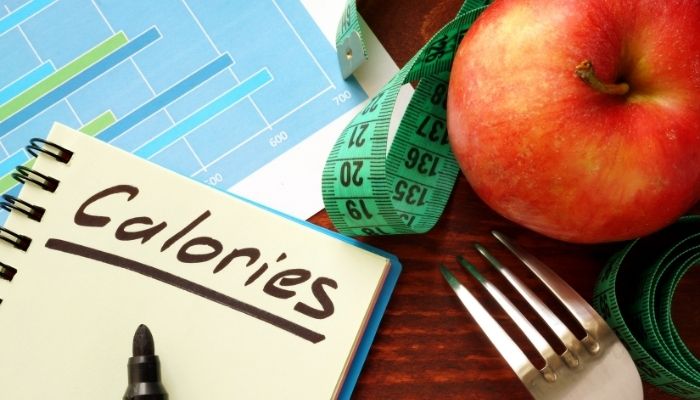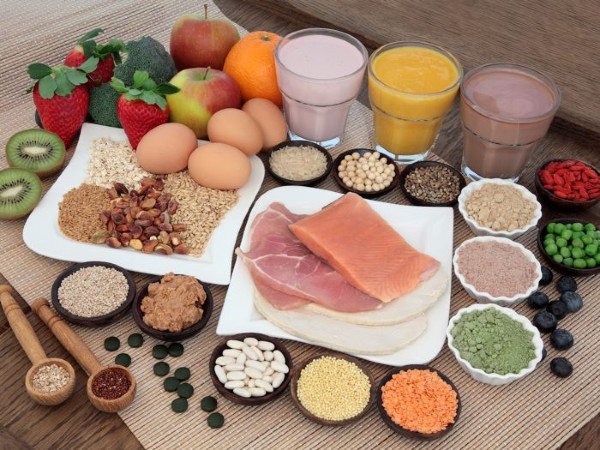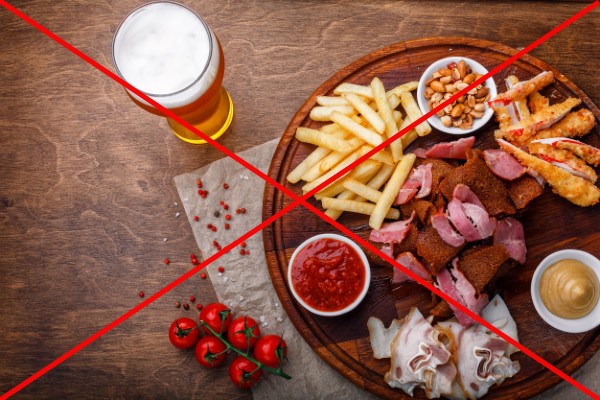Bodybuilding revolves around the practice of constructing your body’s muscles through a nutrition plan for building muscles and weightlifting along with some fruitful exercise. Whether competitive or relaxed, bodybuilding is no less than maintaining a lifestyle, as it includes both the time you spend inside or outside the gym. For getting better results from the gym exercises, your primary focus should be on your diet, as consuming a lousy diet can reverse the outcome of all your weightlifting exercises.
Let’s dig in and see what to eat and what to avoid if you’re on a bodybuilding diet.
Table of Contents
Basics of Bodybuilding
Bodybuilding is different from Olympic lifting & powerlifting. Here, bodybuilders are determined to get a great body while maintaining a good diet to get a muscular physique.
The bodybuilding training session primarily consists of two phases – cutting and bulking and bulking aims to construct your body muscles. In contrast, the cutting session is mainly inclined towards preserving your muscles while burning your body fat.
Advantages of Muscle Building
There are a plethora of health benefits of bodybuilding, such as:
- Resistance training helps in building muscle size and strength. Good muscle strength can lower the risk of cancer and other cardiac diseases.
- Aerobic training in the bodybuilding phase helps in cutting down all the extra fat while improving the heart health of an individual.
Micronutrients & Calories Requirements
The main aim of bodybuilders should be to increase their muscle mass and reduce body fat.
The best way to determine the number of calories for yourself is to record it on a calorie tracker application. In case your weight remains the same, it means you’re neither burning calories or gaining it. You’re just maintaining it, which is excellent.
During the bulking phase of your muscle training, it’s always advised to increase your calorie intake by about 15%. For instance, if your calorie intake is 3,000 per day, you must consume 3,450 calories every day, 3,000 x 0.15 = 450. While shifting from bulking to the cutting phase, you are required to decrease your calorie intake by about 15%, which means you would consume 2,550 calories every day instead of 3,450.
While you gain some weight in the bulking process or lose it in the cutting phase, you would have to modify the calorie intake every month to consider the modifications in your weight. During every muscle building phase, it’s always advised not to gain or lose more than 1% of the overall weight every week. Also, remember not to lose too much weight during the muscle-building phase.

Now that you have enough idea about the number of calories you require, you can always determine the macronutrient ratio, fats and carbohydrates. Remember that the micronutrient ratio does not change.
Carbohydrates and fats include about four calories, and fat contains only nine calories in each gram.
It is advised that you gain:
- 32 to 35% of calories from proteins
- 53 to 60% of the total calories from carbohydrates
- 10 to 20% of the total calories from fat
Foods To Consume & Avoid
Like training, a high protein diet plan for muscle gain is very vital for bodybuilding.
Consuming the right foods reasonably gives all the necessary nutrients to your muscles that they require to recover from workout stress and grow better and stronger.
On the contrary, eating bad foods or not having enough food can leave you with a bad outcome. Below is a list of some food items that you should aim to eat and avoid.
Foods that you should consume are:

- Meats, Fish & Poultry: Try eating ground beef, Sirloin steak, vendion, chicken breast and cod.
- Dairy Products: Cottage cheese, yoghurt and low-fat cheese.
- Grains: Cereal, bread, oatmeal and rice.
- Fruits: Apples, bananas, pears, oranges and berries.
- Vegetables: Corn, peas, cassava, lima beans, broccoli, leafy salad greens, cucumber, asparagus, mushrooms and peppers.
- Nuts & Seeds: Walnuts, chia seeds, sunflower seeds and flax seeds.
- Legumes & Beans: Lentils, chickpeas, black beans & kidney beans and pinto beans.
- Oils: Flaxseed oil, avocado oil and olive oil.
Things To Avoid

There are a plethora of foods that you should limit. These include:
- Alcohol: It can adversely affect the ability to compose muscles and decrease fat from your body, mainly if you intake large amounts.
- Extra Sugar: This provides extra calories but very few nutrients. Items that are high in sugars consist of cookies, candy, ice cream, doughnuts and cake.
- Deep-fried items: It can promote bone inflammation when taken in excessive amounts. Examples of such food items include french fries, fried fish, chicken strips, onion rings and cheese curds.
Also, to limit the intake of such foods, you might have to avoid them before hitting the gym, which can slow the digestion process and can lead to an upset stomach during the workout period. Such food items include:
- High-fat foods: Buttery food items and heavy creams Or sauces.
- High-fibre foods: Cruciferous vegetables such as cauliflower Or broccoli.
- Carbonated Beverages: Coke and soda.
Bodybuilding Supplements
Many bodybuilding enthusiasts intake supplements, among which some of them are useful while others are not that useful. The best supplements are:
- Whey Protein: Having whey protein powder is the best and most convenient way to add up the overall protein intake.
- Creatine: It provides your muscles with the potential that is needed to go on with additional reps.
- Caffeine: It minimises tiredness and fatigue while allowing you to strive harder. You can take it as a pre-workout supplement in the form of tea or coffee.
Wrapping Up
Supplements cannot give you significant muscle gains if your exercise and nutrition, and programs are not good. It would help if you got both things balanced if you want excellent results.
To garner great muscles, you have to eat good proteins and calories and exercise daily with weights. Lead a disciplined life too. As soon as your exercise and nutrition regimens are in place, you can consider taking dietary supplements. Remember to eat well to have a great body throughout.

